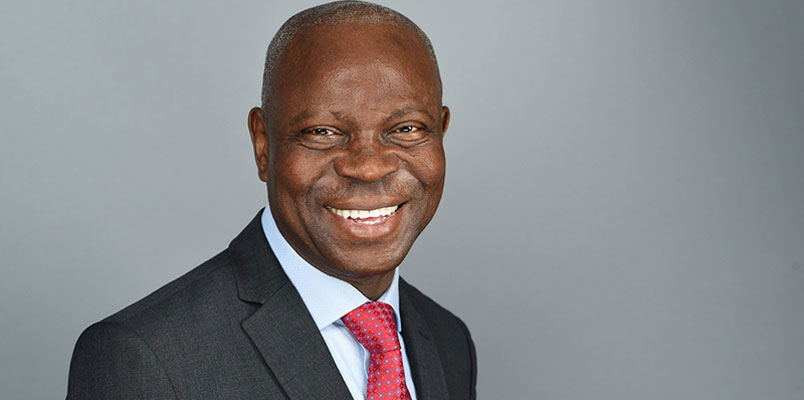News
Uganda’s Vegetable Oil Project doing well
Forty-five percent of the International Fund for Agricultural Development’s (IFAD) funding, is spent in sub-Saharan Africa as a core spending to “develop economies up the value chain”, the newly-installed IFAD President, Togolese, Gilbert Houngbo, said at the closing of the Workshop Implementation Programme (WIP), in Kampala last week.
Houngbo said that as an “approach to make agriculture attractive”, East and Southern African (ESA) countries should embrace the aspects of: food security; income-generation; rural transformation to gain productivity; health; and, insurance. He said that sub-Saharan Africa has the highest level of poverty.
“Is this what we want?” he asked. “How can we accept this, when even in this era of modern technology, a farmer in the remotest of areas can access banking by mobile phone?”
The IFAD President recalled the importance of agriculture in the region and challenged the 320 delegated from the 16 participating countries in the conference saying, “We depend on all of you that the IFAD projects are delivered to the people. And we are looking for progress to drop from 14% that it is currently at, to the bottom digits.” He added that expectation was now high among the people and called upon the intellectuals to do more for the “bottom billion”.
Houngbo said that there were already encouraging stories of the reduction of poverty since 1992; and that agricultural growth was the medicine for this reduction. He said that the time had now come to chart new ways to eliminate hunger and poverty.
IFAD’s ESA Director, Sana Jatta, responded to this and reported that the IFAD portfolio had continued to rise. He said that it had been achieved through strong regional governments’ commitments through IFAD’s support; and the impact and sustainability of its projects. “We have reduced the projects at risk from 20% to 16%” through this, he added.
Jatta said that IFAD projects had now reached 11 million households. He said that new stake-holders had embraced the IFAD-supported projects, adding that the projects now last longer, promote smaller units, scale-up and monitor results. Jatta challenged the countries’ teams in the planning and disbursement of the projects to reduce their periods from the present 14 months; and also to improve its local finance ratio.
At the retreats of the delegates, during the four-day conference, Jatta said that the RIW reported the consensus on the development they had realized in partnerships and bilateral relations. By this ESA has been the first to implement the farmers’ fora and organizations. He said that IFAD is now taking the approach to implement some of the pertinent Sustainable Development Goals (STGs) that target the rural poor in the ESA countries.
Jatta said that IFAD is challenged to target the financial inclusion of especially the rural women and youth. “Only affordable finance can improve the rural transformation, especially by addressing those two up-coming groups,” he added.
ESA uses four principles to ensure access to finance: the knowledge on the management of finance; projects to be delivered in a bigger and better way; improving the quality of design and protection of environment; and, ensuring transparency and accountability in its accounting systems. He noted that in Uganda, the Vegetable Oil Development Project (VODP), working in the 80 Kalangala islands in Lake Victoria, had to a great extent, answered to these requirements.
Comments



















